Published
- 02:00 am
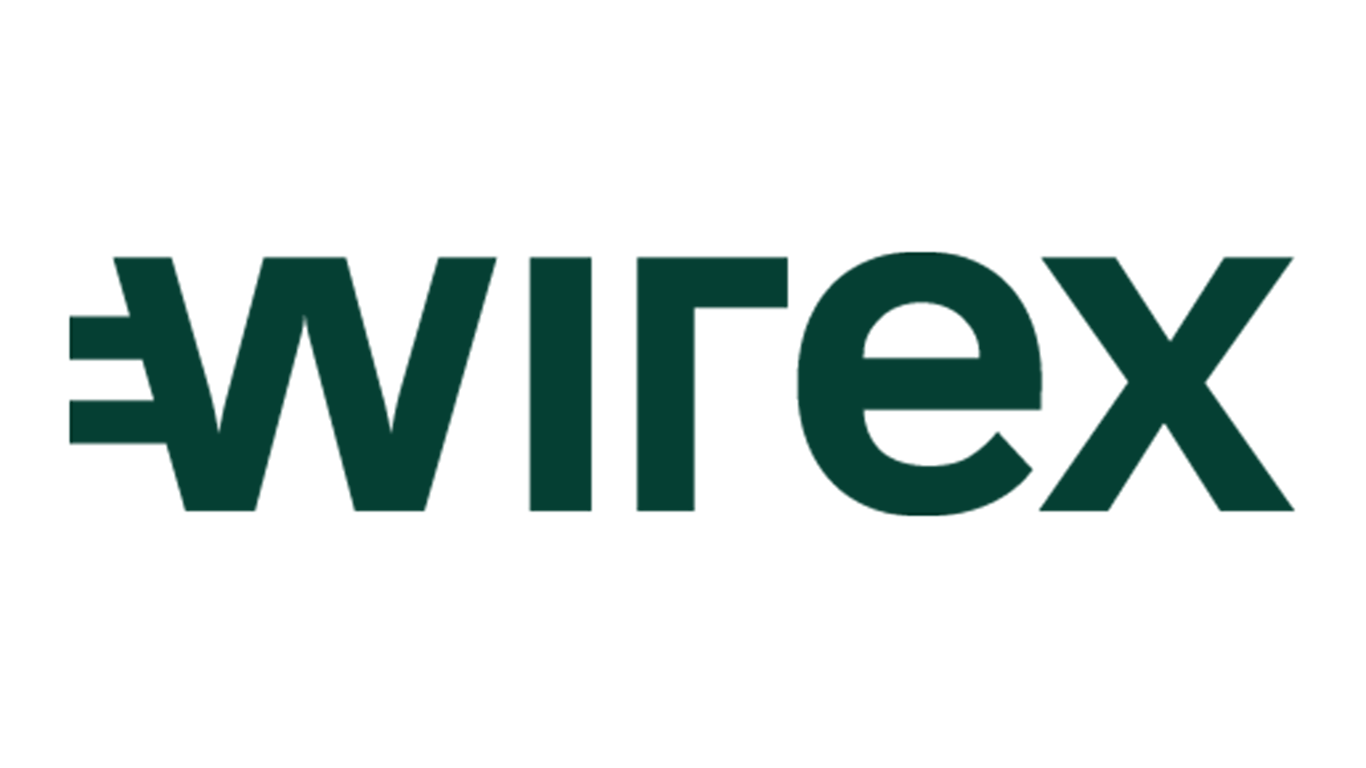
Wirex, a leading crypto and payments ecosystem, has expanded the Wirex Credit program to new regions and developed additional features. Their crypto-back credit lines are now available to UK users and has added WXT as a token to be used as collateral.
Having launched last month on the Wirex app, Wirex Credit has become a hugely popular option for users wanting to easily and quickly borrow crypto-backed credit lines of up to $100,000. Wirex Credit is currently available to users in Europe and Asia and with today’s announcement, for UK customers as well.
The product was launched to give its 5 million users straightforward access to the benefits of DeFi, and offers complete flexibility and control. With a highly intuitive user interface, borrowing crypto is easier than ever. Customers can instantly borrow stablecoins starting at 0% interest, with no origination or set-up fee, and the ability to take out up to 5 credit lines at once, with no credit or affordability checks required.
From today, customers can use BTC, ETH and now WXT as collateral, and instantly receive NXUSD, USDC, USDT and DAI as credit. Users repay when they want and only pay interest for the days the credit line is live.
The products’ use-cases appeal to a wide audience, where users can quickly and easily access liquidity whenever without having to sell their crypto. This newfound liquidity can then be spent instantly in real life with the Wirex debit card at over 80 million locations worldwide, online or in-store.
Pavel Matveev, CEO and Co-Founder of Wirex, commented: “Wirex has a long-standing reputation of delivering easy to use crypto products for the everyday consumer. Wirex Credit brings a hugely competitive offering, allowing users quick and easy access to access to crypto-backed credit lines. We’re continuing to develop the product to offer more choice of tokens to be used as collateral to open a credit line. With our largest customer base in the UK, it’s great to be able to expand Wirex Credit to these users.”
In the coming weeks, Wirex will continue to expand the Wirex Credit offering, including the release of many more popular tokens as options for collateral, and cross-collateral borrowing allowing users to combine different assets in their portfolio for a loan.
Related News
- 07:00 am
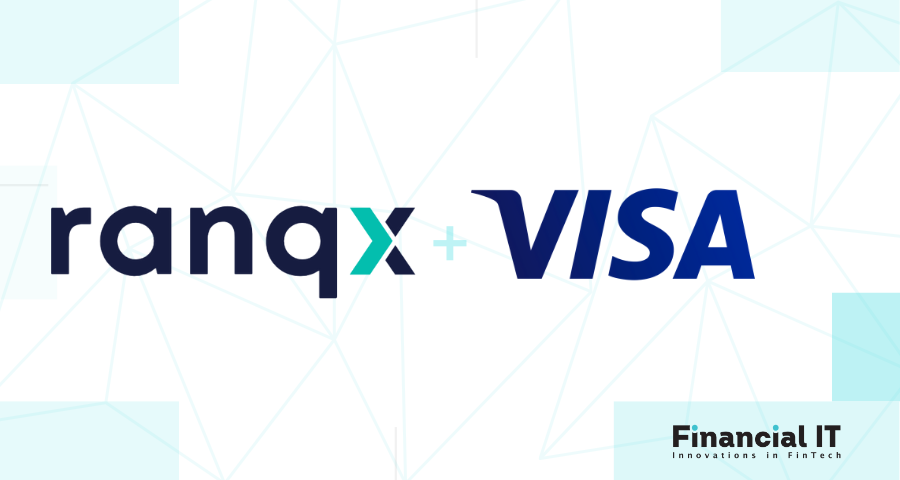
Ranqx, the digital lending platform built specifically for lenders to small-to-medium sized businesses (SMBs), expands its work with Visa into North America.
Prior to collaborating with Visa in North America, Ranqx worked with Visa in its Asia/Pacific region. Under the expanded arrangement, Visa will introduce Financial Institutions to Ranqx’s digital capabilities, helping direct lenders provide easier access to much-needed capital for SMBs and solve complex processing issues currently found in SMB credit underwriting.
Ranqx helps small business lenders improve the entire loan cycle, from start to finish. With the company’s innovative technology solution, loan applications aren’t only made more straightforward but are much quicker to complete. The system helps remove friction and inefficiency in small business lending by embracing new, real-time, more accurate data sources and technologies that allow lenders to understand SMB customers better and manage risk more effectively.
As one of the world’s leading digital payment technology providers, Visa understands the challenges lenders face and the vital role that small business plays within global economies. Both companies share a common goal to accelerate the flow of capital to SMBs during this important time.
Speaking on the new efforts, Dave Lewis, Founder and CEO at Ranqx, commented, “We all know that we are facing a tough time with the global economic climate and the rising cost of living. And this is precisely why we are entering the US market. By joining forces with Visa across North America, we can go one step further to ensure the objective is achieved. The relationship has been built on a common goal to improve outcomes within the SMB lending space.”
The collaboration launched with a webinar for select banks and credit unions that understand the financial position of small businesses and are working to address key issues concerning their lending needs. Since the webinar, Ranqx has received more requests for demonstrations and meetings about the proposition.
Lewis added, “It’s hard to avoid some of the noise regarding the economy right now. Unfortunately, SMBs often feel the ramifications of economic downturn harder than their larger business counterparts. Therefore, this collaboration could not have come soon enough. Our solution can enable financial lenders to provide easier access to much needed capital.”
Related News
- 02:00 am
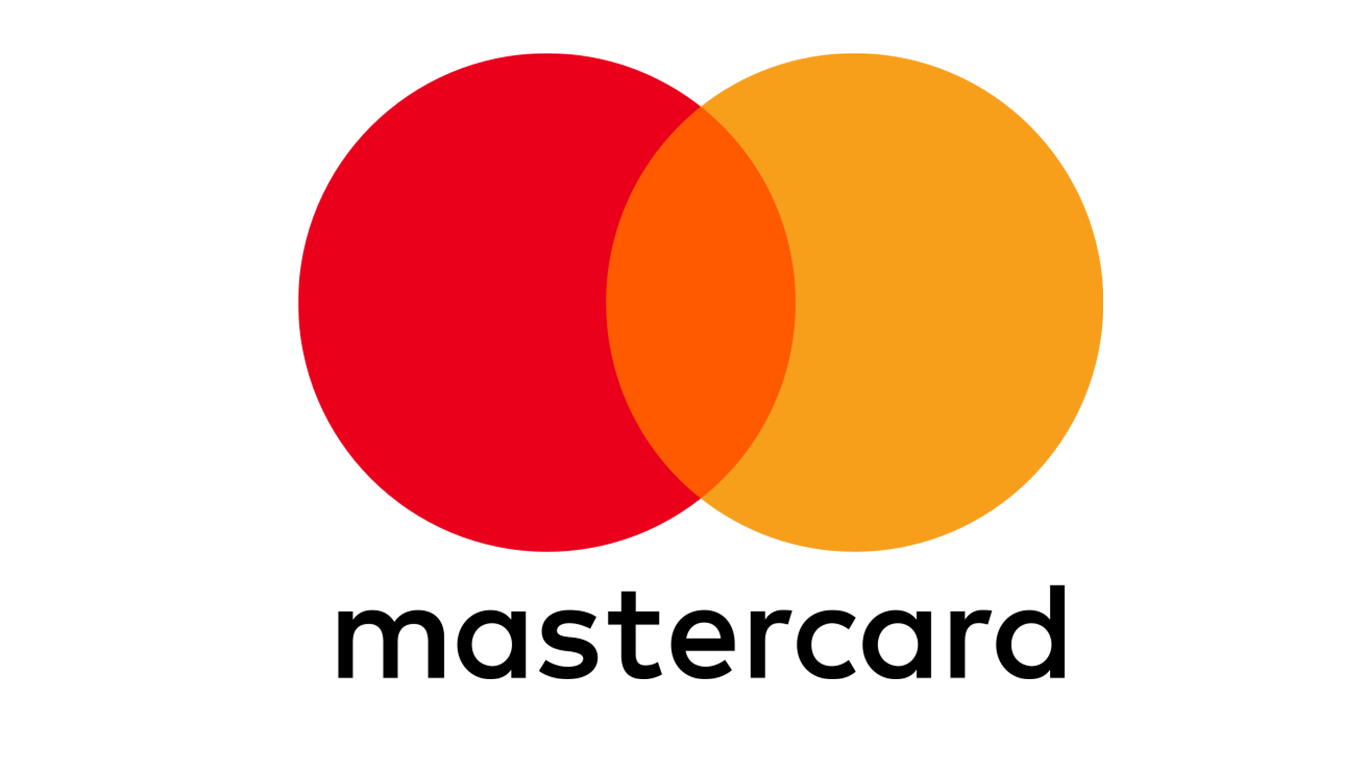
According to Mastercard SpendingPulseTM, which measures in-store and online retail sales across all forms of payment, U.S. retail spending excluding automotive increased +11.2% year-over-year in July, while retail sales excluding automotive and gas rose +9.0%. Notably, e-commerce sales were up 11.7% YOY, a sharp increase after months of softer growth. Rising prices—particularly for necessities such as food and fuel—were a contributing factor, as Mastercard SpendingPulse reflects nominal spending and is not adjusted for inflation.
Spending increases in July outpaced monthly year-over-year growth experienced thus far in 2022, with demand and higher prices both contributing factors. Of note:
- Consumers continue to spend, with inflation’s impact varying across sectors: Consumers continue to navigate high inflation as they spend on wants and needs. The Grocery sector, for instance, saw sales up +16.8% YOY in July due primarily to food price increases. On the other hand, Apparel (+16.6%) and Jewelry (+18.6%) sales saw strong demand-driven year-over-year growth, well outpacing sector-specific inflation.
- E-commerce sales climb amid major promotional events: While in-store sales remain elevated, up +11.1% YOY/ +13.9% YO3Y, e-commerce posted its first month of double-digit sales growth (+11.7% YOY) since December. E-commerce is up nearly double pre-pandemic levels (+98.5% YO3Y). Online sales have ticked up since the beginning of June, though July’s major promotional events helped entice shoppers to splurge (and save) with online deals.
- High season for vacation, with road-trippers seeing some relief at the pump: Travel remains a priority, with Lodging up +29.6% YOY and Airline sales up+13.3% YOY. Fuel & Convenience spending remains elevated (+32.3% YOY / +47.1% YO3Y), though the growth rate is down compared to June – reflecting price declines at the pump.
Related News
- 03:00 am
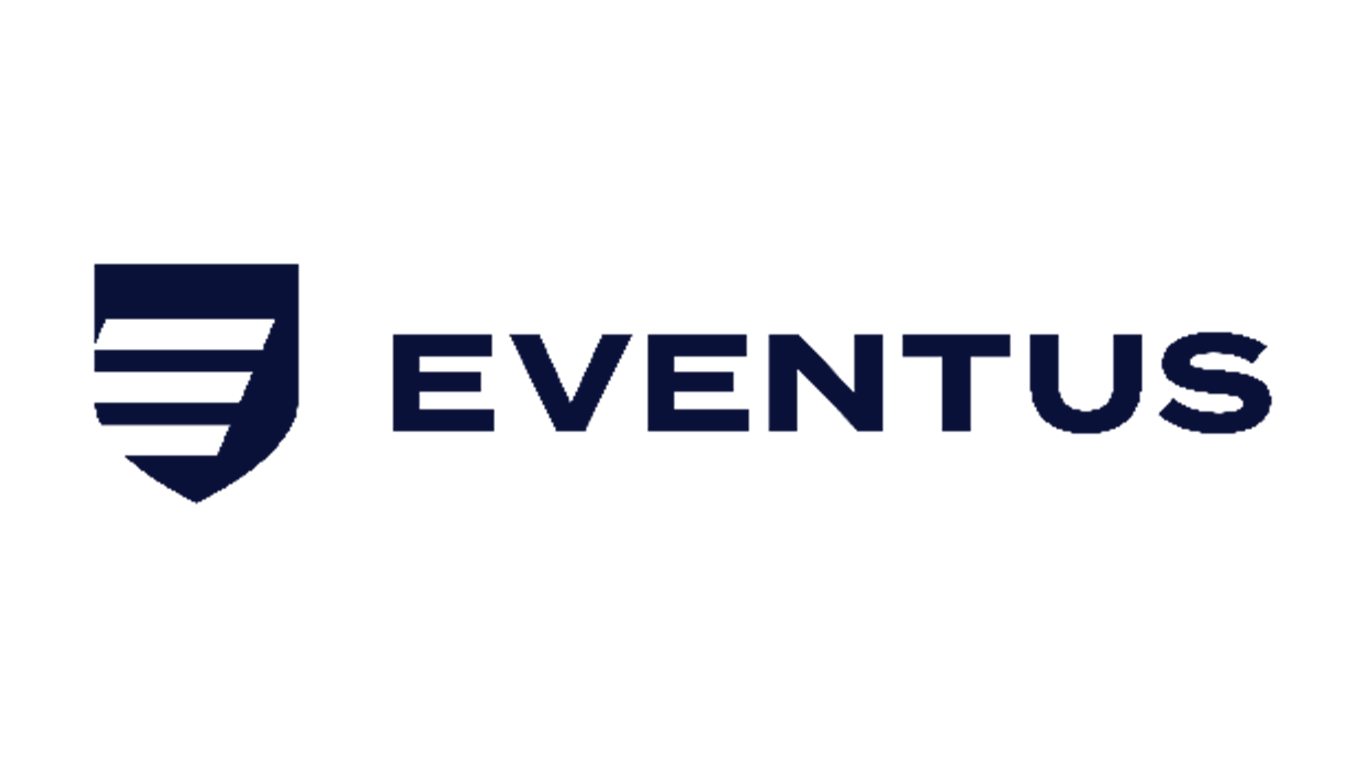
Eventus, a leading global provider of multi-asset class trade surveillance and market risk solutions, today won its fourth major award in the past five weeks as the firm’s Validus platform was named Trade Surveillance Product of the Year at the 2022 Risk Technology Awards. On July 15, Eventus won Best Market Surveillance Provider in the Waters Rankings Awards, in which “best-in-class service providers” are determined by votes from thousands of sell-side and buy-side market participant readers of WatersTechnology.
The honours followed Eventus earning two significant regional awards – the Markets Media European Markets Choice Award for Best in Market Surveillance and the 2022 WatersTechnology Asia Award for Best Market Surveillance Tool, capturing the category for the second consecutive year and marking the fifth win since 2021 specifically for the firm’s work in the Asia-Pacific (APAC) region. This is Eventus’ third win in four years of the Risk Technology Award, and the European award is the second honour this year for service in the European, Middle East and Africa (EMEA) region.
Eventus CEO Travis Schwab said: “We’re truly overwhelmed and gratified to accept these prestigious awards and to see the impact we’ve been able to have on the market in just the past few years. These achievements speak to the tremendous need for scalable, customizable trade surveillance capabilities along with compliance and regulatory expertise – across all asset classes and geographies. In the past two years we set out to grow our presence and build our client base in the EMEA and APAC regions, and we’ve exceeded our expectations. The Waters Rankings award is especially gratifying as so many firms using Validus consider it an essential component of their compliance program.”
During the first half of 2022, Eventus has seen a 160% increase in its client base over the same period last year, with no sign of momentum abating in the second half of the year. This follows its most successful year in new client adoption of the Validus platform in 2021. As of the first half of the year, Eventus has more than 100 employees in 10 countries, including a growing team of regulatory experts who help clients navigate the evolving regulations in the various jurisdictions in which they operate.
Since 2018, Eventus has earned more than 25 awards and honours for its technology, expertise and service.
Related News
- 04:00 am
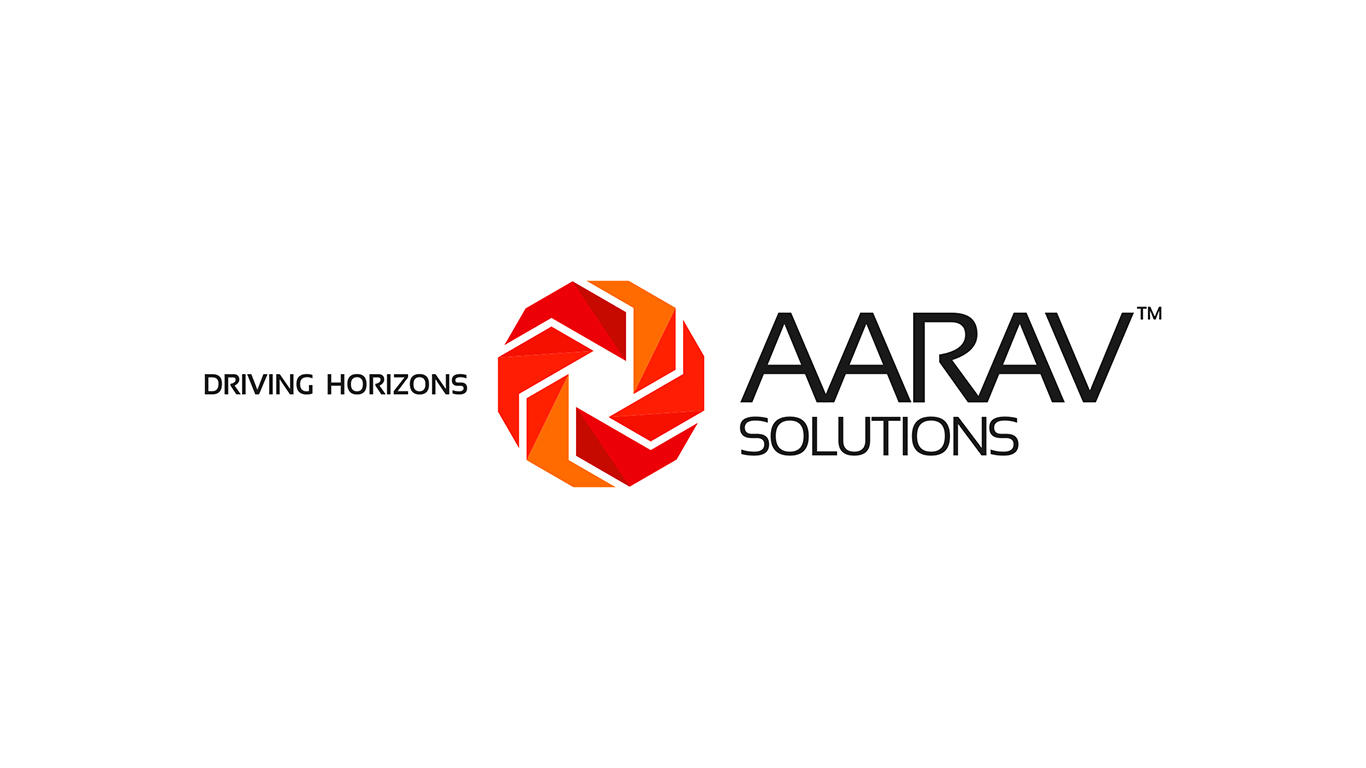
Aarav Solutions announced today its role as System Integrator (SI) partner on Equifax Canada’s Global Financial System (GFS) billing platform.
The GFS initiative is part of Equifax’s mission to streamline multiple billing processes into one global billing system and replaces Equifax Canada’s legacy accounting and invoicing system. The launch highlights Aarav Solutions’ position as a worthy SI player on the international stage.
"We will look back on this project and know we played a critical role in modernizing the Canadian billings functionality for a global data, analytics, and technology company that is an essential player in the global economy,” said Raj Darji, founder and CEO of Aarav Solutions.
Aarav Solutions began working with Equifax Canada in 2020 to build a fully automated, cloud-based and event-based global billing solution. Eighteen months of collaboration with Equifax’s business, technology and marketing teams across five global locations culminated in the GFS deployment in March 2022.
“Supporting the movement of Equifax Canada’s legacy billing system into a modern, cloud-enabled tool was truly a rewarding experience,” said Darji. “Aarav Solutions prides itself on being an SI partner that champions innovation.”
Equifax Canada’s senior financial officer Ashwin Nevatia said he was thrilled to see GFS go live and into production, adding, “Aarav Solutions was the trusted and valued vendor that brought both technical and business implementation to the organization that we needed to launch an enterprise-wide initiative of this scale.”
Related News
- 07:00 am

Ping Identity, provider of the Intelligent Identity solution for the enterprise, today announced that it has entered into a definitive agreement to be acquired by Thoma Bravo, a leading software investment firm, for $28.50 per share in an all-cash transaction valued at an Enterprise Value of approximately $2.8 billion. The offer represents a premium of approximately 63% over Ping Identity's closing share price on August 2, 2022, the last full trading day prior to the transaction announcement, and a premium of 52% over the volume weighted average price of Ping Identity stock for the 60 days ending August 2, 2022.
"This compelling transaction is a testament to Ping Identity's leading enterprise identity solutions, our talented team, and our outstanding customers and partners," said Andre Durand, Ping Identity's Chief Executive Officer. "Identity security and frictionless user experiences have become essential in the digital-first economy and Ping Identity is better positioned than ever to capitalize on the growing demand from modern enterprises for robust security solutions. We are pleased to partner with Thoma Bravo, which has a strong track record of investing in high-growth cloud software security businesses and supporting companies with initiatives to turbocharge innovation and open new markets."
"A tectonic shift is occurring in intelligent identity solutions for the enterprise," said Seth Boro, a Managing Partner at Thoma Bravo. "Ping Identity's unique capabilities and strong position in enterprise identity security make it a great platform to deliver customer outcomes, expand into new use cases and support digital transformations. We are highly impressed with the talented Ping Identity team and look forward to working collaboratively in the years to come."
"Ping Identity is a leader in intelligent identity solutions for the enterprise and is well-positioned to capitalize on the significant opportunities in the $50 billion Enterprise Identity security solutions area," said Chip Virnig, a Partner at Thoma Bravo. "Our shared commitment to growth and innovation, combined with Thoma Bravo's significant security software investing and operational expertise, will enable Ping Identity to accelerate its cloud transformation and delivery of industry-leading identity security experiences for the customers, employees and partners of large enterprises worldwide."
Transaction Details
The transaction, which was unanimously approved by the Ping Identity Board of Directors, is expected to close in the fourth quarter of 2022, subject to customary closing conditions, including approval by Ping Identity shareholders and regulatory approvals. Closing of the transaction is not subject to any financing contingency. Upon completion of the transaction, Ping Identity's common stock will no longer be listed on the New York Stock Exchange and Ping Identity will become a privately held company. The Company will remain headquartered in Denver, Colorado.
Vista Equity Partners, which owns approximately 9.7% of Ping Identity's outstanding shares, has agreed to vote its shares in favour of the transaction.
"This transaction is a great outcome, and one we firmly believe maximizes value for all stakeholders," said Michael Fosnaugh, Co-Head of Vista's Flagship Fund and Senior Managing Director, and Ping Identity's Chairman of the Board. "We wish Andre and the entire Ping Identity team continued success and thank them for their commitment and partnership over the last six years."
Related News
- 07:00 am
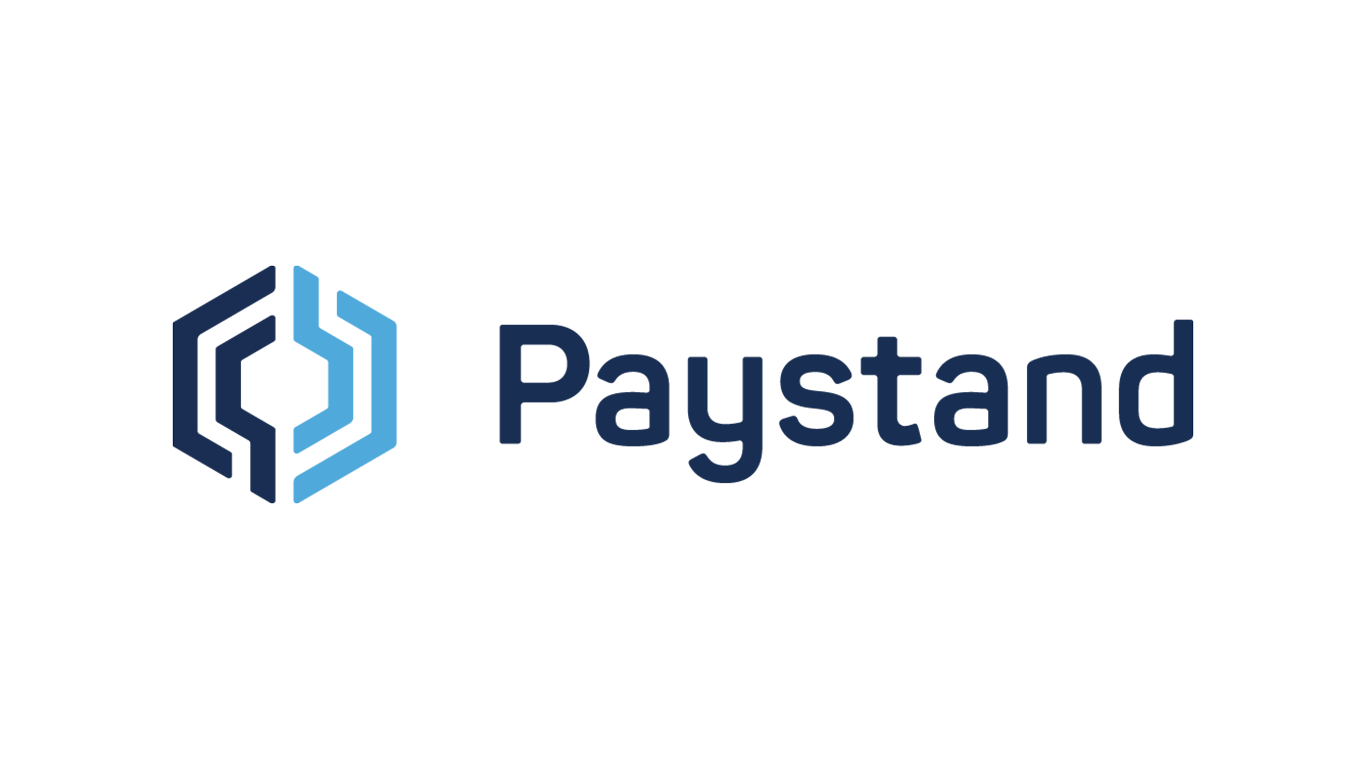
Paystand, the leader in blockchain-enabled accounts receivable and B2B payments, today announced the acquisition of Yaydoo, the leader in accounts payable, cash flow management, and liquidity solutions in Mexico and LATAM.
The deal represents one of the biggest technology unions in Mexico and LATAM and makes commercial blockchain-based solutions more accessible across the Americas.
In the midst of economic uncertainty, the fusion of the two firms opens a horizon of hope and opportunity, not only for other tech startups but also for Latin American businesses. Both PayStand and Yaydoo offer a wide range of technology-enabled B2B solutions for automating transactions, payment, and bill collection processes.
The two companies have built best-in-class AR / AP solutions designed for the needs of both U.S. and LATAM businesses of all sizes. They have succeeded in creating B2B DeFi payment networks in both the U.S. and Mexico, creating a network effect, and now set their sights on connecting their platforms through a single, open, instant and secure global payment network.
Jeremy Almond, CEO of PayStand, comments: "Together, PayStand and Yaydoo will redefine the boundaries of B2B fintech across the continent. The combined company will be one of the first global B2B blockchain platforms at a significant scale. The resulting company will have processed over $5 billion in payments, added 300 additional employees, and built a network of over 500,000 connected businesses, the largest of any commercial B2B blockchains in the world."
Almond continued, "DeFi-enabled B2B payment networks that are on-chain can unlock transformative working capital efficiencies and make financial services more fair and open, especially in developing markets like LATAM. And we believe this industry disruption across borders and using DeFi blockchain can shift the balance of power from traditional financial institutions and governments to buyers, and sellers, benefitting business and society."
In the U.S., persistent inflation and higher interest rates have made working capital more important and ever more difficult to come by. As CFOs hunt for more cash, they increasingly look to technology to achieve greater economies in the mission-critical cash cycle.
According to Deloitte, nearly 50% of the $18 trillion in commercial payments in the U.S. are still paper checks, and the vast majority of the rest are still performed through a manual or pre-internet process. Automation using Web3 technologies across AR, AP, expense, procurement, and payments in a unified platform offers huge cash advantages to enterprises, helping the U.S. B2B payment market to hit a projected CAGR of more than 8% over the next five years.
Meanwhile, the global B2B payments market reached a value of $940 billion in 2021 according to Goldman Sachs, and AR/AP software accounted for $130 billion of the total market size. Though this existing market size is significant, it only accounts for the companies that are already using software or digital AR/AP solutions. In LATAM, less than 5% per cent of companies are digitized, implying that the B2B payments opportunity in places like Mexico and other emerging markets offers a much larger green field.
"Yaydoo and Paystand have enabled B2B payment networks through their AR/AP software landscape. Now it's time to join forces and deliver solutions that will simplify and digitalize trade among the U.S. and Mexico, unlocking a set of opportunities for automating supply chain finance through the imports and exports of one of the most active trade corridors globally," said Sergio Almaguer, CEO of Yaydoo.
"Connecting the U.S. and Mexico is only the first step. We understand very well that each country has its own payables and receivables solutions enabling B2B payments locally. We want to forge long-time alliances with all these organizations that already know their market in order to build a network that embraces the entire continent," concluded Sergio, who will continue leading the Latin American expansion of the combined company.
The combined organization creates high-return synergies including access to new markets, product offerings, distribution channels, and talent. In the Americas, the combined company will have the capacity to expand from the U.S. to Canada, and from Mexico to Colombia, where Paystand's and Yaydoo's products can be distributed through existing channels and integration partners. Currently, the companies have already integrated globally with Oracle NetSuite, Sage Intacct, Xero, and with CONTPAQi in Mexico, enabling access to the largest and most sophisticated mid-market opportunity on the continent.
"This is a watershed moment for both companies, the B2B payments ecosystem as a whole, and for the blossoming Latin America tech ecosystem in particular," said Roman Leal, Managing Partner of LEAP Global Partners. "Equally exciting for small and medium enterprises ("SMEs") across the Americas, PayStand now represents the largest enterprise application leveraging blockchain technology to reduce the cost of digital payments and accelerate the time to cash. We believe this value proposition will resonate even more in this increasingly uncertain economic environment."
Related News
- 09:00 am
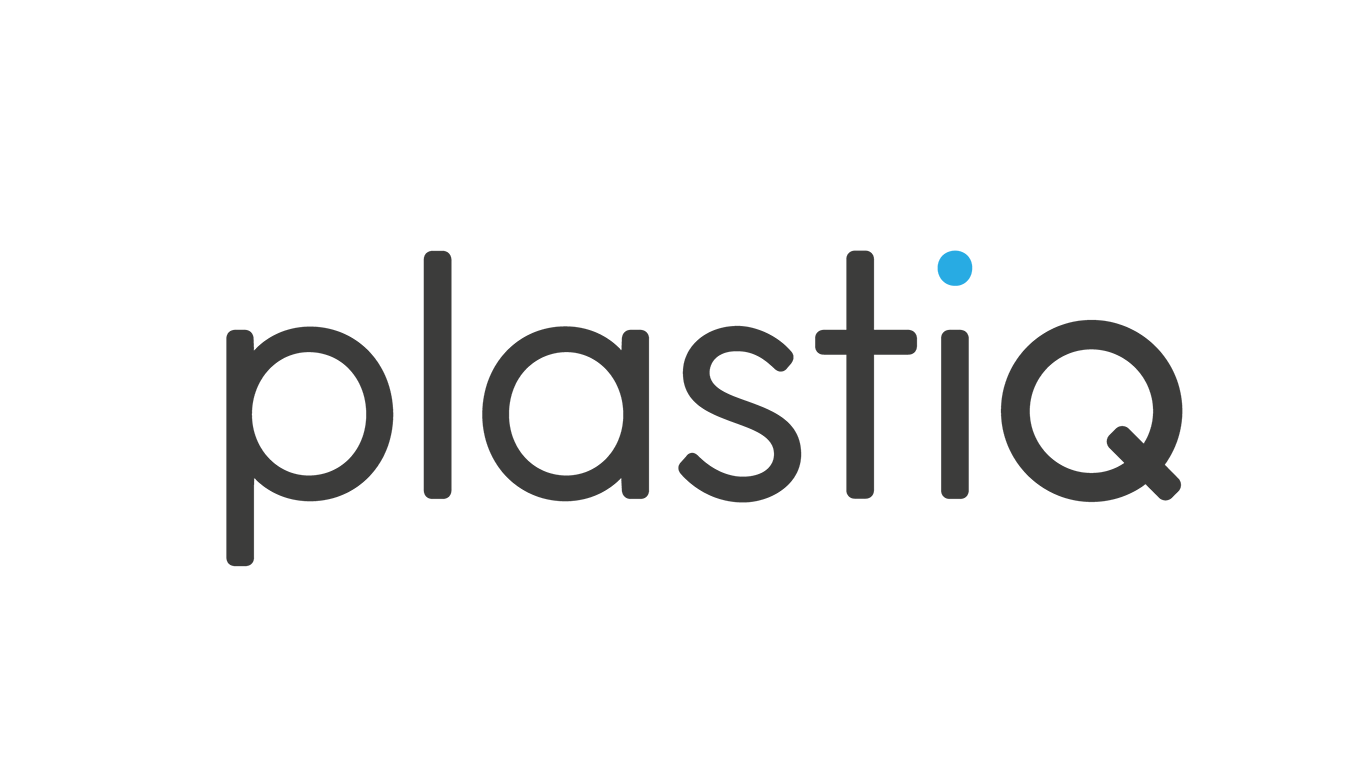
Plastiq Inc., the B2B payment platform powering the small and midsize business (“SMB”) economy, and Colonnade Acquisition Corp. II a publicly traded special purpose acquisition company, today announced that they have entered into a definitive agreement and plan of merger.
Once closed, the combined company will operate under the name Plastiq and is expected to trade under a new ticker symbol. The Plastiq management team, led by Founder and CEO Eliot Buchanan, will continue to lead the company. Plastiq Inc. (“Plastiq”) was founded on a mission centred around empowering the SMB economy. While SMB payments represent a massive market opportunity of over $9 trillion for payments and financial products, SMBs remain largely underserved by existing financial services solutions. Plastiq is at the centre of payments between payer and supplier, empowering SMBs with choice in payments, a more efficient way to automate payables and receivables while unlocking cash flow from business credit cards and instant short-term financing. By decoupling the funding method (card or ACH) with the disbursement method (ACH, wire, or paper check), Plastiq solves the mismatch between how businesses and vendors want to pay and get paid, creating greater choice and efficiency for all parties. Plastiq integrates with multiple enterprise resource planning systems (“ERPs”) and offers a suite of application programming interfaces (“APIs”) for enterprise clients to embed business-to-business (“B2B”) payment options into their customer experience.
“We are excited about this important milestone of entering the public markets through a combination with Colonnade,” said Eliot Buchanan, CEO of Plastiq. “For too long, SMBs have been neglected from financial services.
As a public company, we plan to continue to invest in opportunities to scale the business with a growing product suite that enables us to provide SMB owners with access to sufficient, on-demand cash flow, which is a critical component to grow their businesses.”
Transaction Summary
The transactions contemplated by the agreement and plan of merger (the “Business Combination”) reflect an implied estimated enterprise value at closing of $480 million (assuming no redemptions), representing a 6.4x multiple to Plastiq’s 2022 forecasted net revenue of $75 million and a 4.6x multiple to Plastiq’s 2023 forecasted net revenue of $105 million. The Business Combination includes no secondary component and existing Plastiq equity holders will roll over their entire investments in Plastiq into the combined company.
As a result of the Business Combination, Plastiq is expected to add approximately $320 million to its balance sheet (assuming no redemptions and after payment of estimated transaction expenses), offering significant capital flexibility for continued organic and inorganic growth.
The Business Combination has been unanimously approved by the boards of both Plastiq and Colonnade. The Business Combination is expected to close in the first quarter of 2023, subject to the satisfaction of various closing conditions, including approval by the shareholders of Colonnade, the effectiveness of a registration statement to be filed with the Securities and Exchange Commission (the “SEC”) in connection with the Business Combination and other regulatory approvals.
Additional information about the Business Combination, including a copy of the agreement and plan of merger, will be provided in a Current Report on Form 8-K to be filed by Colonnade with the SEC and available at www.sec.gov. In addition, Colonnade intends to file a registration statement on Form S-4 with the SEC, which will include a proxy statement/prospectus, and will file other documents regarding the proposed Business Combination with the SEC.
Related News
- 04:00 am
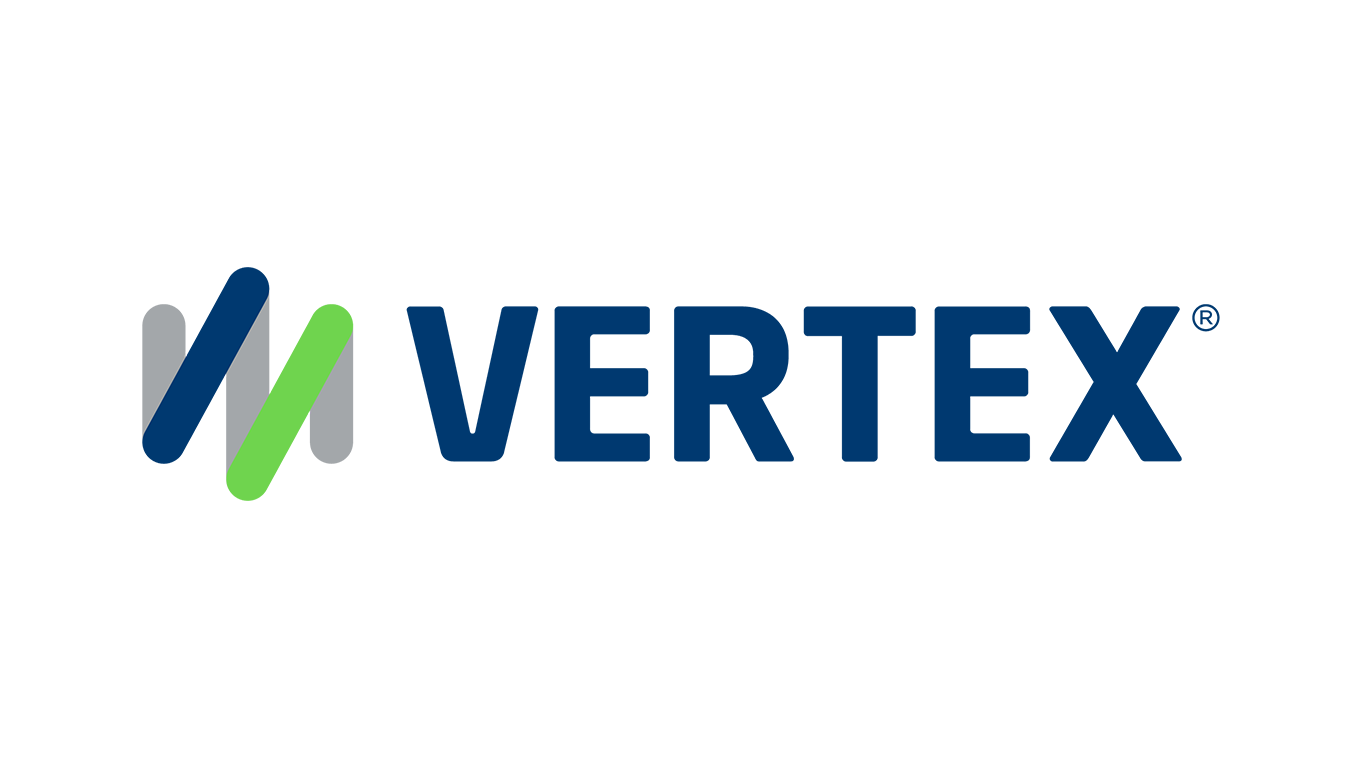
Vertex, Inc., a global provider of tax technology solutions, released today Forrester Consulting’s The Cutting Edge of Tax research study, commissioned by Vertex. The study surveyed 400 IT decision-makers in the US and Europe responsible for purchasing tax software in the retail industry. The goal was to better understand IT decision-makers’ current tax technology deployments and the value they see in moving to a containerized edge deployment for tax.
The survey conducted by Forrester found that 83% of IT decision-makers are interested in a containerized edge tax solution. By combining edge with containerization for tax, a majority of survey respondents expect to see significant benefits. Seventy-three per cent of those surveyed would find a reduced dependency on connectivity and bandwidth a valuable feature of a containerized edge solution, 80% would find more control over automating updates valuable, and 73% identify improved scalability as an expected outcome.
"As retailers continue down their path of digital transformation, IT professionals face many challenges. They must find the right technology to address those issues—including tax software," said Vertex Principal Architect Eric Christian. "Current options like on-premise and cloud deployments offer specific value, but an edge computing and containerization solution offers the best of both worlds. Not only do you have agility, but stability and control as well."
The survey results dig deeper into respondents' significant advantages and disadvantages with their current tax software deployment options—including on-premise and cloud. It concluded that those with cloud solutions benefit from being more agile and cost-effective. However, 50% of IT decision-makers said they face worries about security, and 42% said the reliance on the internet slows them down. In fact, 82% of cloud users said that when they lose internet access, their tax software does not operate correctly.
Of those with on-premise deployments, 68% remain on-premise to keep control of the update process and maintain security. However, these solutions are slower to upgrade, less agile, and reliant on legacy systems.
"The Forrester survey results confirm our understanding that retailers need a way to maximize operational efficiency, improve performance and security, automate all core business processes, and ensure "always on" availability. That is why we launched our Vertex® Indirect Tax O Series® Edge solution. It provides businesses with next-generation tax automation and increased speed while delivering frictionless experiences to consumers regardless of where and when transactions occur," said Vertex CEO David DeStefano.
Related News

Jacco de Jong
Global Head of Sales at Bolero International
Digital transformation, particularly in the realms of international trade and trade finance, has been widely talked about in recent years. see more









